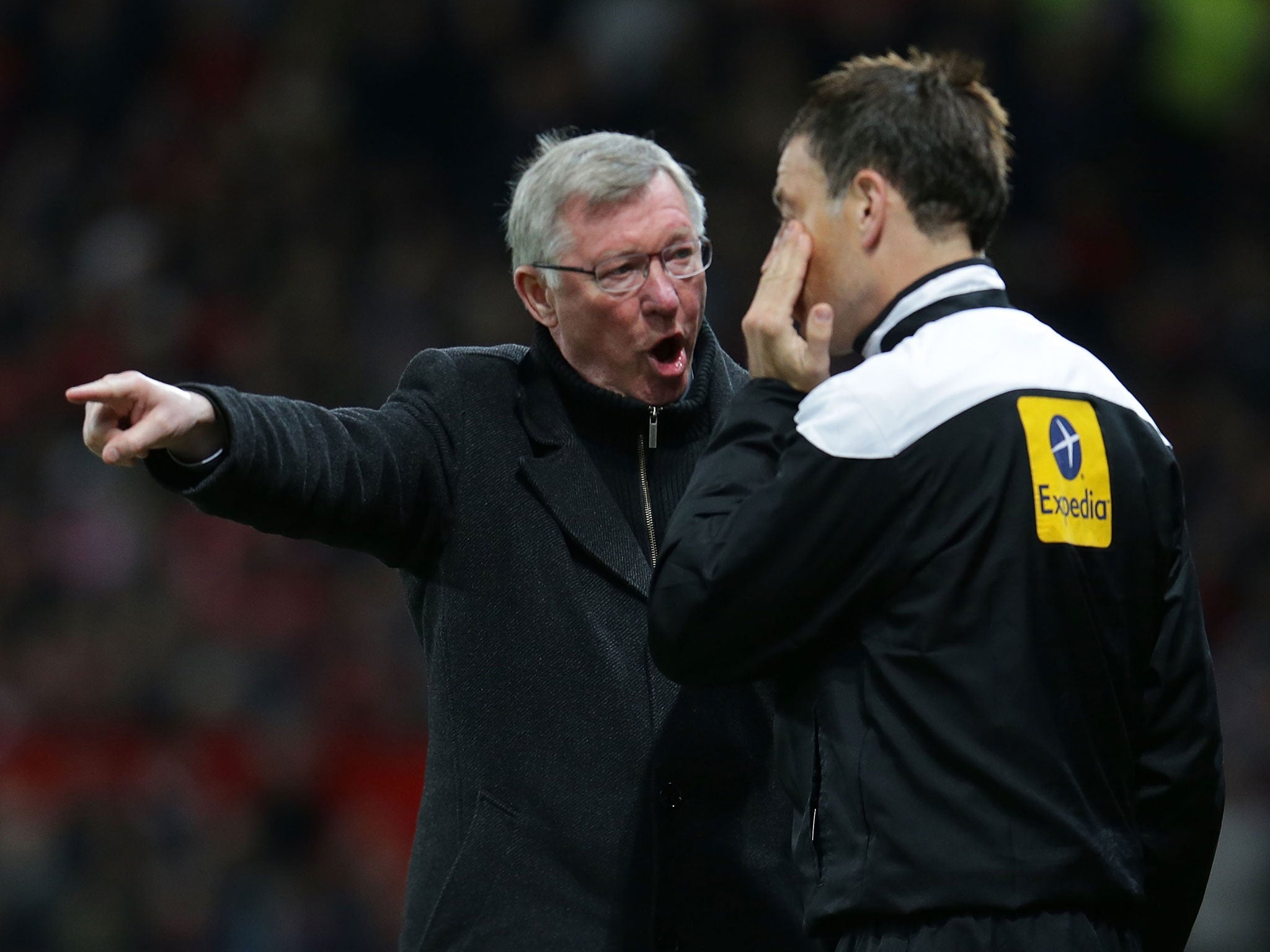Alex Ferguson’s mentor, Jock Stein, died at the side of the pitch. The 62-year-old Scotland manager collapsed into the arms of his assistant at the end of a World Cup qualifier against Wales at Ninian Park on 10 September 1985 after suffering a lethal heart attack. That traumatic experience left that assistant – Ferguson – determined not to end things in the same desperately sad way.
That was one of the reasons Ferguson decided to retire as Manchester United manager in 2002, at the relatively youthful age of 61. He had achieved everything in club football. He would die in his bed, he told himself, not in the dugout. But, of course, Ferguson’s relentless thirst for competition yanked him back to the fray, as if he had been connected to Old Trafford by a giant piece of elastic. United fans, like myself, have been overjoyed at the change of heart. Ferguson’s second coming has delivered still more silverware, including a third European championship in 2008, and culminating with this season’s Premier League victory. But now – ten years later – it seems the curtain on the Ferguson era really is coming down.
Thoughts turn to legacy. The football record speaks for itself. Ferguson some time ago eclipsed the achievements of even Stein (who defeated the cream of European club football in 1967 with a Celtic side drawn from within 30 miles of Glasgow). No one disputes that Ferguson, a former shipyard apprentice from Govan, is the greatest football manager these isles have ever produced. But amidst the glorious light there was also the darkness the journalist-banning pettiness and the puce-faced rage against referees and opponents.
That rage, of course, explains a great deal of Ferguson’s success. He drew focus and motivation from his anger, his sense of injustice. He was never more effective than when he and his team seemed to be battling the entire world. But that constant fight must take a physical toll. And that toll is probably the best argument for Ferguson to, this time, cut the elastic for good and enjoy a long and well-earned retirement.



Join our commenting forum
Join thought-provoking conversations, follow other Independent readers and see their replies